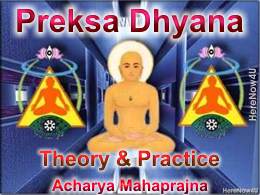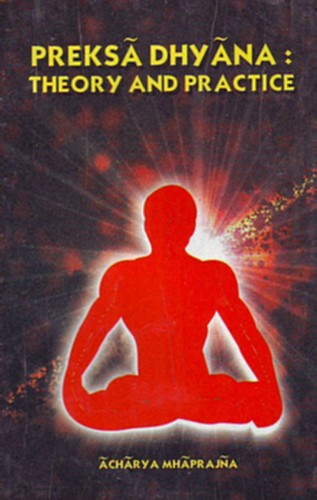
On the physical level, benefits of relaxation are obvious and measurable. The sensory nerves are always loaded with the continuous task of collecting and dispatching information. Motor nerves are similarly engaged in transmitting messages from the brain to muscles, glands and other tissues and producing action. The work is tiring and there is no respite. Relaxation provides much needed rest to nerves and neurons. They are free from the load of their onerous duties. The rest gives them a chance of recuperating.
The flow of vital energy saved from being wasted in producing tension now revitalises and rejuvenates every tissue and cell there is no wonder, therefore, that relaxation can relieve fatigue more effectively in a few minutes than hours of indifferent sleep. It will also be clear from the above that sleep, during exercise of relaxation, is considered a distraction. However, relaxation may be performed just before retiring for the night to get a more restful sleep.
Those who risk heart-diseases because of blood pressure can strengthen their resistance capacity by practising relaxation. A hundred electronic factory [1] workers, in risk of developing heart diseases because of their high blood pressure, cholesterol level or smoking habits, were given an hour's relaxation session, once a week for eight weeks. Their B.P. decreased significantly. Three years later these workers had maintained lower blood pressure and had suffered fewer incidences of heart diseases than in a controlled group of patients who had received treatment.
[1] 'Case history' related at the inaugural conference of British Holistic Medical Association held in London in September 1983.
 Acharya Mahaprajna
Acharya Mahaprajna

